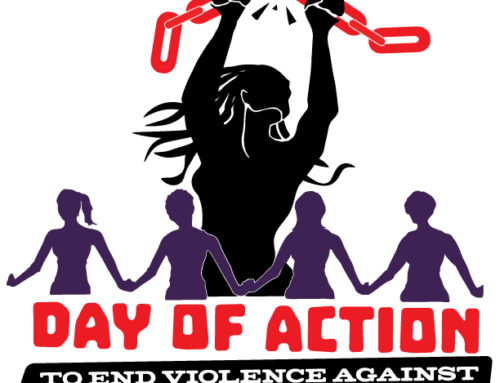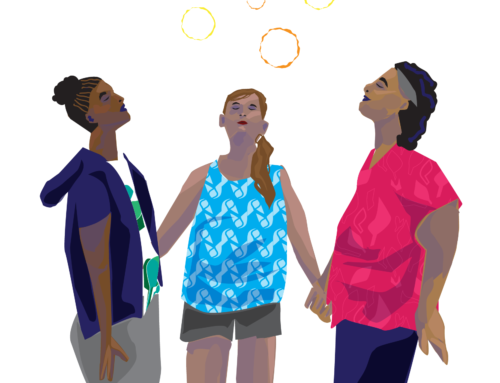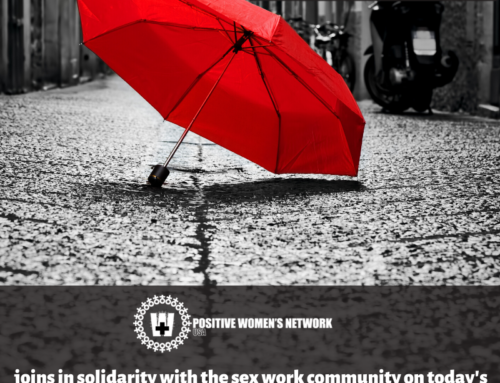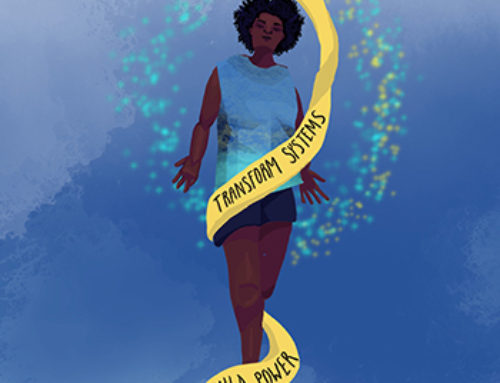FOR IMMEDIATE RELEASE
Contact: Olivia Ford, oford.pwnusa@gmail.com 510.681.1169
February 14, 2014, Washington, D.C. — This Valentine’s Day, the White House Office of National AIDS Policy showed their love for women by formally launching the recommendations report of the Interagency Federal Working Group on the Intersection of HIV/AIDS, Violence Against Women and Girls, and Gender-Related Health Disparities. Featured speakers included representatives from the Office of Vice President Biden, the Department of Justice, Health and Human Services, the National Institutes of Health, and the Office on Women’s Health, as well as a panel of community advocates.
“It is well documented that women living with HIV disproportionately suffer from the effects of lifetime abuse and are at increased risk for intimate partner violence. The ongoing effects of violence and trauma increase women’s vulnerability to acquiring HIV, exacerbate disparities, and are linked to worse health outcomes and higher rates of death for women living with HIV,” says Naina Khanna, Executive Director of Positive Women’s Network – USA (PWN – USA), a national membership body of women living with HIV. Women with HIV experience five times the rate of lifetime sexual abuse as the general population of women, according to a 2012 meta-analysis conducted by the University of California – San Francisco.
To respond to this stark reality, the report recommends a number of actions, including integration of screening for intimate partner violence into HIV care as well as HIV testing for women and girls, and the development, piloting, and evaluation of programs providing trauma-informed care as part of HIV care and services for women. Knowledgeable advocates and clinicians agree that intimate partner violence screenings cannot result in simply a referral or a phone number for a woman to call for help. These screenings should strive to ensure real linkages and collaborations.
“Directly and effectively addressing the impact of trauma on women’s lives, and helping women living with HIV heal, could have a profound impact on the care continuum for women living with HIV,” says Dr. Edward Machtinger, Director of the Women’s HIV Program at the University of California – San Francisco, who points out that eight of the nine patients he’s lost in the past three years had suppressed viral loads but died from the effects of trauma, abuse or neglect. Advocates say that the HIV care continuum does not end with viral suppression; it’s essential to think of its goal point as being a high quality of life.
“Medication is treatment; this integrated work is about healing,” says Linda H. Scruggs, Director of Ribbon Consulting Group and a founding member of PWN-USA. “We need to heal in order to treat.
“As a woman diagnosed with HIV in the early ’90s, when treatment wasn’t really an option, the question was: If you’re going to be here for three more years, what do you want that three years to be like?” Scruggs says; “Now we talk about the struggle with adherence to get to the pill, but we need to do the work around what happened before you came to the pill.”
In the coming months, dedicated community stakeholders will continue to move forward the policy, programmatic and research activities discussed in the report, and will hold federal agencies accountable to achieving integrated violence and trauma-informed services for people living with HIV.
PWN – USA applauds the work of federal leaders — in particular, James Albino of the White House Office of National AIDS Policy; Lynn Rosenthal, White House Advisor on Violence Against Women; Dr. Grant Colfax, former Director of the Office of National AIDS Policy; all members of the Interagency Working Group, and Dr. Ronald Valdiserri, Deputy Assistant Secretary for Health, Infectious Diseases — for their past and ongoing commitment to moving these groundbreaking recommendations to action.
Share This:
2 Comments
Comments are closed.








This was a really educational piece about the intersections of past violence and HIV Acquisition. While applauding the good work coming out of the White House, this article provided an opportunity to educate our communities on the lingering effects that cause women to be more vulnerable to HIV.
Great quotes as well.
I’m with Linda when she talks about the push for adherence and how we have to examine what happened before we got to the pill.
Thnx for a great piece, Olivia.
Thanks so much, Waheedah! Couldn’t have written it without great support and input from those quoted. 😉